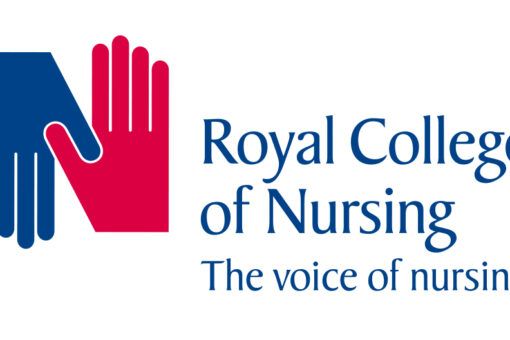“Britain ready for true choice at the end of life”, as Royal College of Nursing Congress votes to support principles of assisted dying

*Ends*
For more information or interview requests, please email Molly Pike, Senior Media and Campaigns Officer at Dignity in Dying, molly.pike@dignityindying.org.uk or call 07855209809